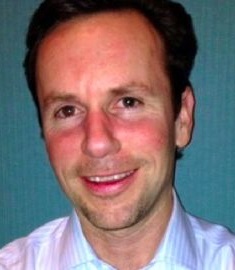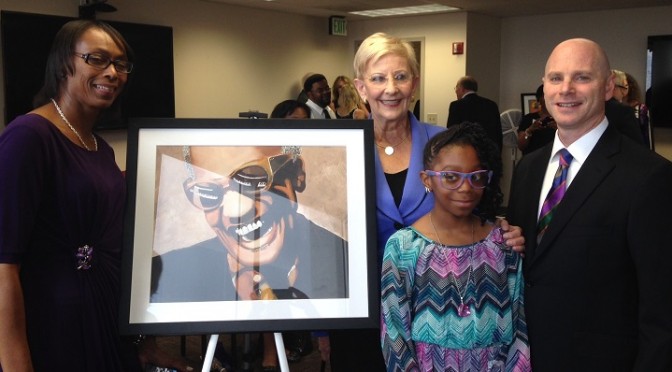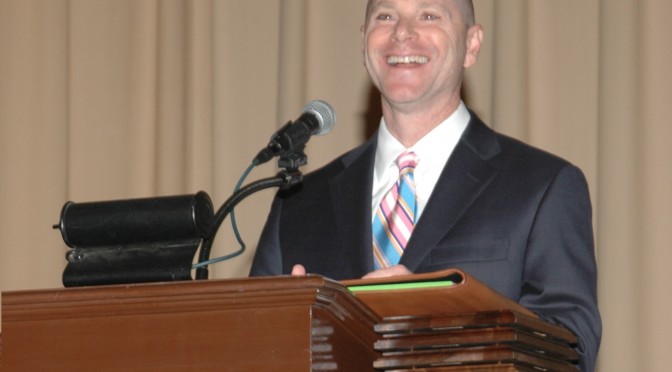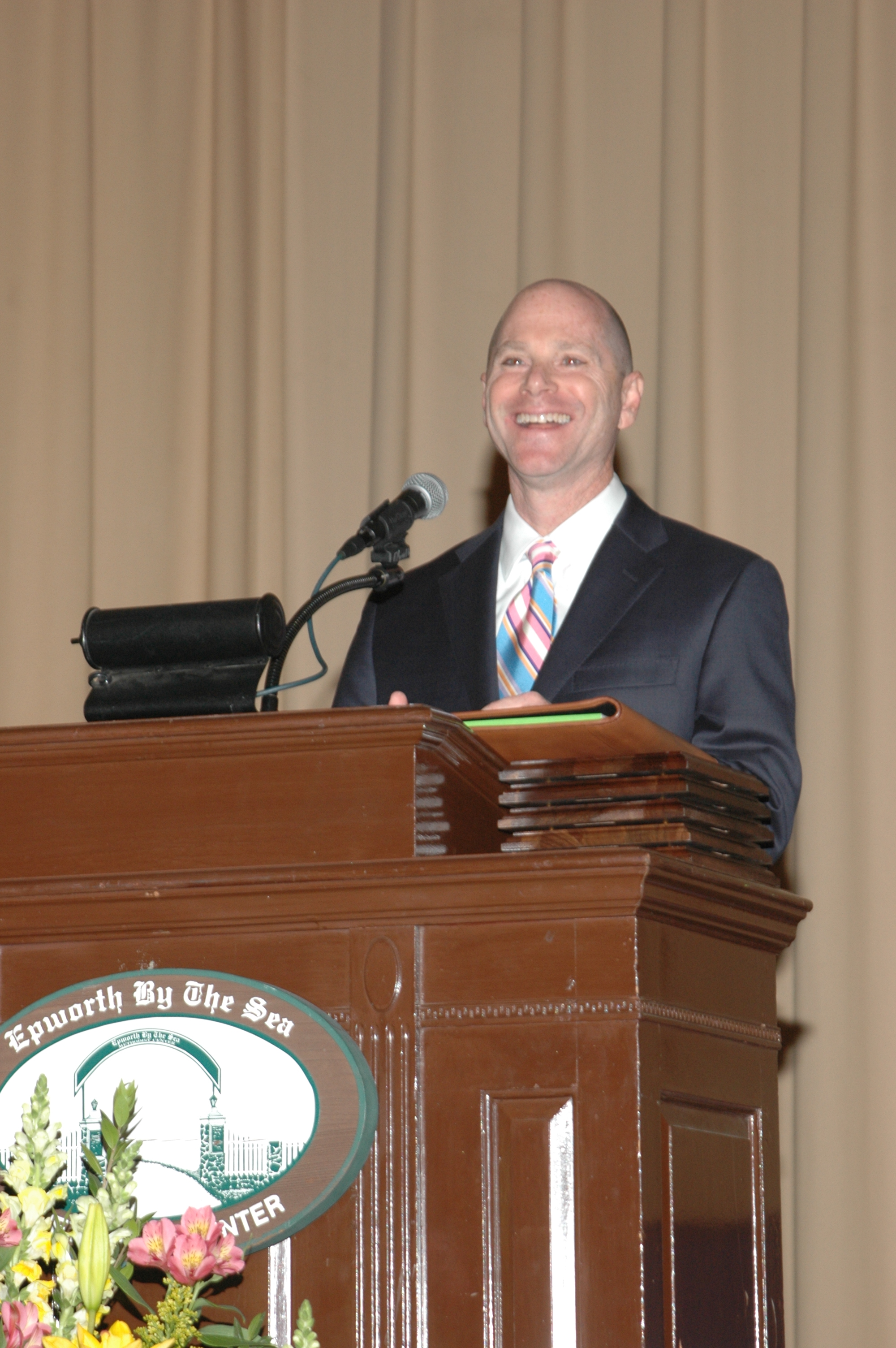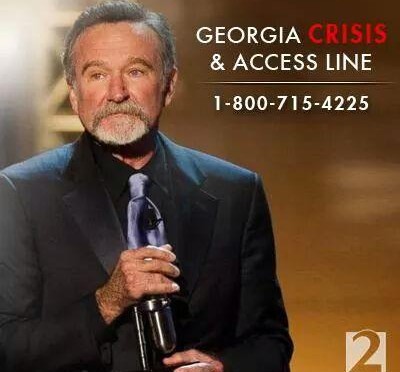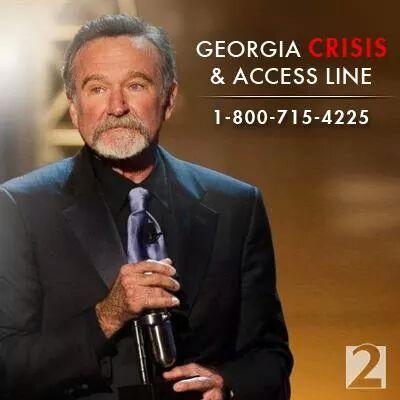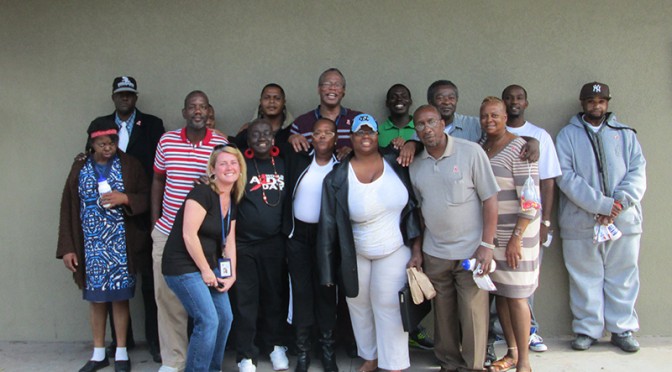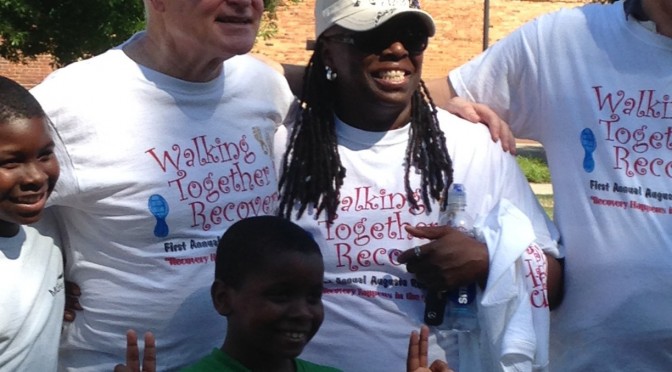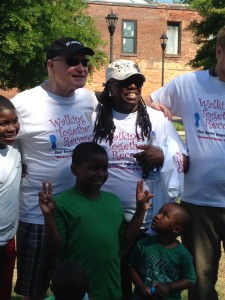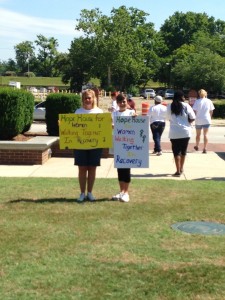Georgia remembers tireless peer advocate and provider
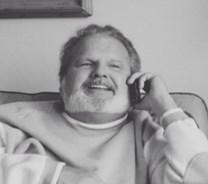 A pioneer of peer support counseling, an advocate of supported employment and a provider of recovery-focused services, William Kenneth “Ken” Whiddon, who lived with serious and persistent mental illness, passed away last week. He was 63.
A pioneer of peer support counseling, an advocate of supported employment and a provider of recovery-focused services, William Kenneth “Ken” Whiddon, who lived with serious and persistent mental illness, passed away last week. He was 63.
Whiddon once said, “When you meet someone, they always ask, ‘What’s your name,’ and then, ‘What do you do?’ Work is such an important part of who you are.”
He saw work as a path to recovery. His career as an advocate and a leader who educated and encouraged support for those in recovery started with an internship at a community mental health center. Whiddon founded a statewide peer-run recovery network, managed state services as a regional director and started his own company, AmericanWork, to provide services to help people with mental illnesses or addictive disorders live fulfilling lives in their community.
His work, which effected tremendous change in the state, did not go unnoticed. He was appointed to the Governor’s Advisory Council on Mental Health, Developmental Disabilities and Addictive Diseases in 2006. In 2014 he was honored by the National Council on Behavioral Health with the Award of Excellence for Employment.
“As a man with lived experience, as an advocate, as a certified peer specialist, as a department administrator, as a provider, and as a friend, Ken’s very extraordinary life not only touched those of us who knew him, but radically moved the cultural needle of the system towards embracing recovery and full lives,” said Wendy Tiegreen, director of DBHDD’s Office of Medicaid and Health System Innovations.
After cycling in and out of state hospitals for 10 years, Whiddon returned to school and secured an internship at a community mental health center, which eventually led to a job at a day service center in Macon.
In 1991, Whiddon, along with other mental health consumers, won a federal grant and founded the Georgia Mental Health Consumer Network (GMHCN) with the goals of promoting employment to foster independence, and providing training opportunities for consumers, including the Certified Peer Specialist Project. He was GMHCN’s first president and two decades later, the organization hosts one of the largest statewide annual consumer conventions in the nation.
Whiddon served 10 years in direct service and management positions in community mental health centers, a community service board, and as executive director of Georgia’s former Division of Mental Health, Mental Retardation, and Substance Abuse in region 2.
“Ken was briefly a regional director before he decided that he could get more done as a statewide provider,” said Cythnia Wainscott, who serves on the board of Mental Health America. “And did he ever! Thousands of people have benefited from his work.”
In 1999, Whiddon started his own company to help behavioral health agencies provide supported employment services. He named it AmericanWork, Inc., affirming “I can work.” AmericanWork collaborates with the Georgia Vocational Rehabilitation Agency and DBHDD to provide recovery-centered core services, specialty services and residential services. Through his company, Whiddon helped hundreds of people with mental illnesses reintegrate into the community after long-term hospital stays.
“[Ken] was a true advocate for those living with a mental illness, the company he created, and its dedication to providing high-quality care,” said former colleague at AmericanWork, Megan Paul. “His passion for supported employment was evident.”
At a meeting in 2001 to discuss the development of community residential sites to relocate several clients who had been living at Georgia Regional Hospital at Savannah, Whiddon said very little, but sprang into action. “Ken found and signed leases in a new upscale apartment complex [within a few days]. Not only did he work fast, but he also had high standards and wanted people with mental illness to have an opportunity to demonstrate to themselves and others that they could be responsible citizens and respected,” said DBHDD regional coordinator Charles Fetner. “Within just a few weeks, 19 people who had been in the hospital for years were living in their own apartment or were sharing one. Ken’s program was not just to relocate these individuals, but to integrate them into community life.”

